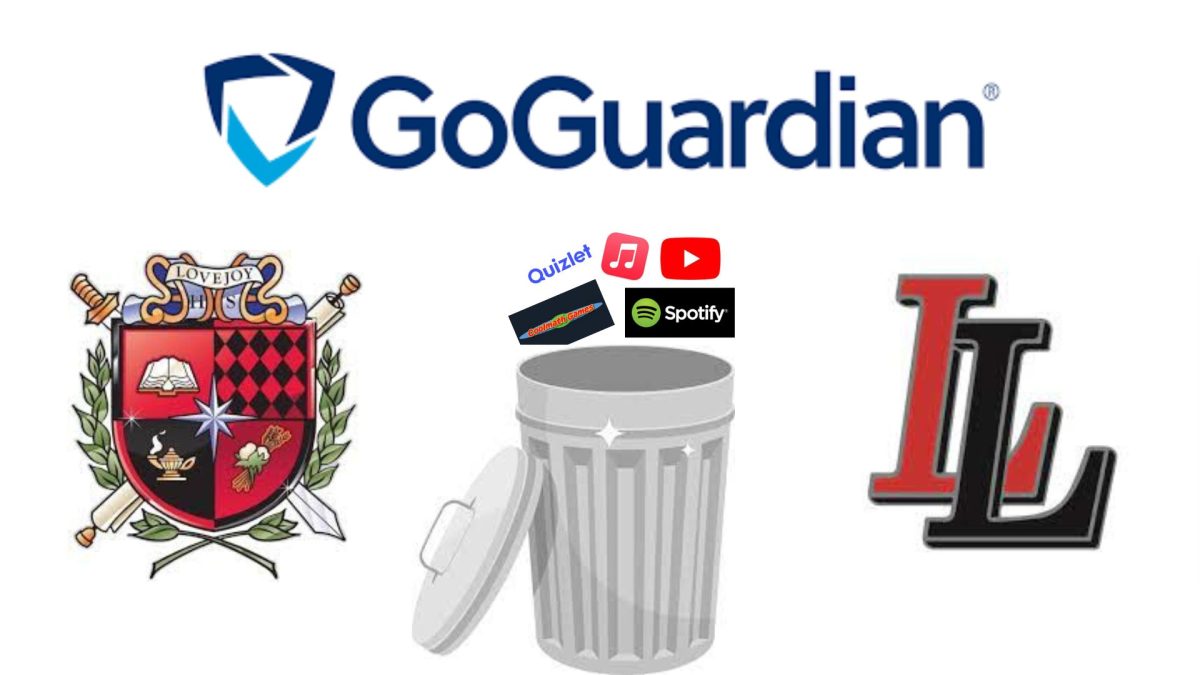For many high school students, real-life skills such as how to manage their money are very rarely touched on between advanced academic classes. Solution? Provide more opportunities for students to learn real world knowledge in required elective classes.
Some schools across the country are already adding “real-life” knowledge to their curriculum, including classes on subjects such as personal finance.
Of course, you could argue that school is to learn about academic subjects, rather than real-life, and students learn real-life skills from their parents and at home. But what student actually sits around the dinner table and talks seriously about money management during dinner?
According to the Jump$tart Coalition for Financial Literacy, a national non-profit organization aimed at providing youth with financial literacy and money management skills, only four states – Utah, Missouri, Tennessee, and Virginia – require at least a one-semester course in personal finance for high school graduation. Though economics is a required course for a high school diploma in the state of Texas, most states only offer economics and personal finance as electives.
One school, Rappahannock County High School in Washington, Virginia, has been using a computer-module program in a required personal finance and business class to teach students about budgeting, housing, insurance, and other consumer finance topics to help students learn the basics.
The state of Texas should follow the example of the four other states requiring a personal finance class for graduation. In this day and age, knowledge about how to spend and save money is crucial. It would only make sense to create a mandatory (as personal finance is not an area of interest for most students, an optional elective class would not be taken by most high school students) personal finance class that teaches students some of the basics about managing their funds.
There is something missing in an education that does not provide students with the many of the necessary skills to make it in the real world. I am not saying that our school is a bad school. It is an excellent school that students are fortunate to attend. But it is missing a vital element in its curriculum, just as many schools are these days.
Though it wouldn’t be the most exciting course that a student would take in their high school career, a personal finance class would be a very informative addition to the school’s required course sequence. College is not the only thing in the future of students. There is also a great deal of real-life that lies ahead of each year’s graduating seniors. And in general, I have a feeling that we students will need to know these real-life skills much more frequently than we will need to do our advanced Algebra problems or know the complex laws of chemical reactions.









